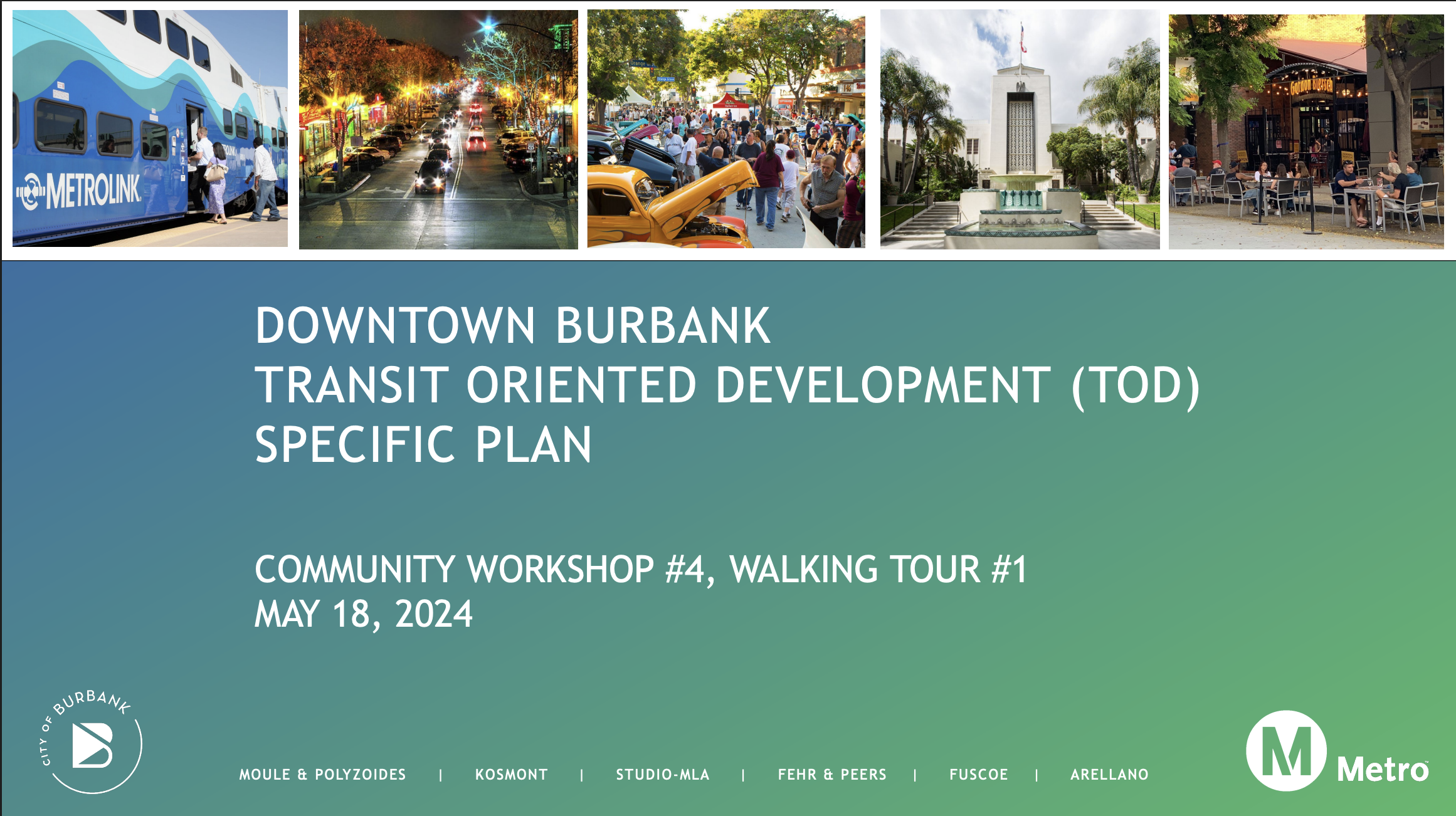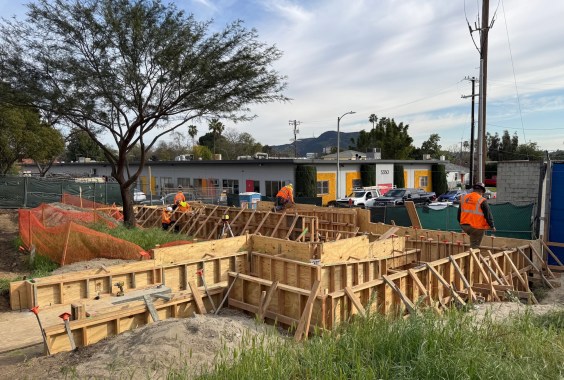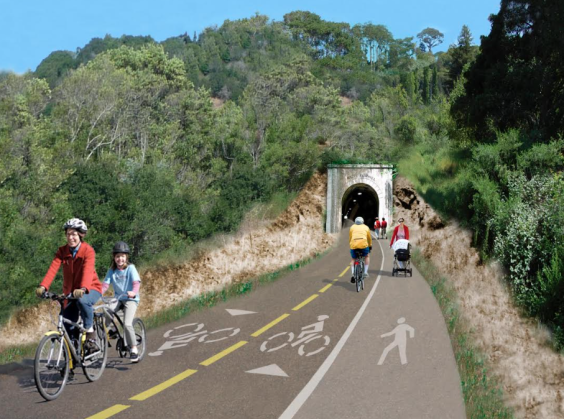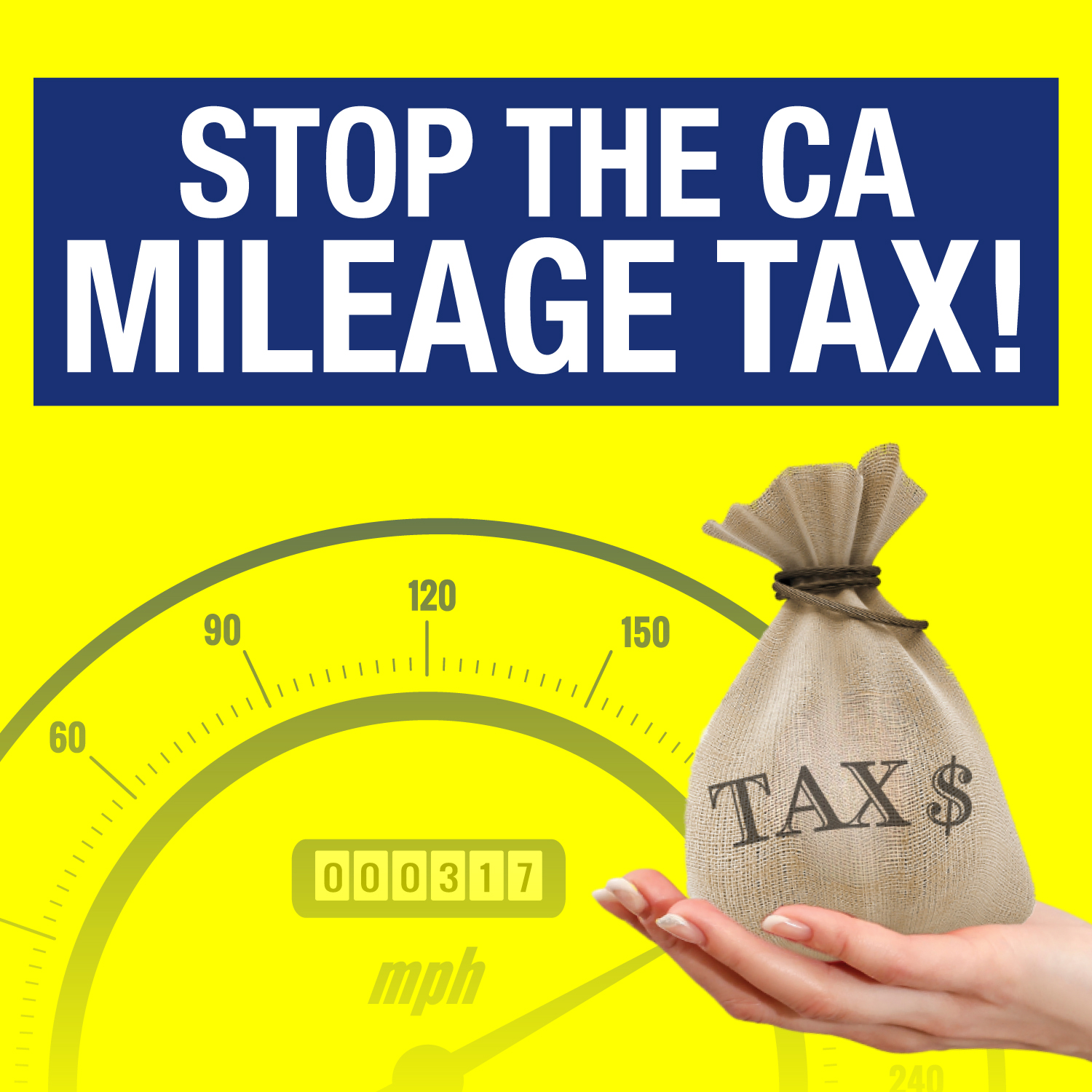As we reported yesterday, it looks like Washington Governor Jay Inslee may move forward with a low-carbon fuel standard, triggering a legislative "poison pill" that would eliminate funds for transit and street safety initiatives.
Safe Routes to School funding would be cut if Washington Governor Jay Inslee swallows the poison pill. Photo: Washington Bikes
Safe Routes to School funding would be cut if Governor Jay Inslee swallows the poison pill. Photo: Washington Bikes
The Seattle Times reports that Inslee is gambling on restoring those funds at a later date, but Tom Fucoloro at Seattle Bike Blog says the governor would be making a costly mistake:
By abandoning the only funds in the transportation package that would actually help residents of our state get around without a car, he’s not doing the environment any favors.
But far worse, the money he’s considering pulling is designed to prevent people from being killed or seriously injured while walking or biking. This isn’t just horse trading one environmental policy for another. These are lives we’re talking about.
Safe Routes to School would be slashed nearly to death by this decision. $56 million can build a ton of safe crosswalks, sidewalks and bike routes for kids all across the state to get to school safely. That’s the great thing about walking and biking safety projects: Your money goes a lot further. $56 million doesn’t get you very far in a highway expansion project (it’s about 1.3 percent of the 520 Bridge Replacement budget), but it could dramatically improve safety in communities across the state.
The Bicycle Alliance of Washington is calling on people to urge Inslee not to sacrifice funding for safer streets. “There doesn’t have to be a choice between safer and healthier communities and climate change,” says policy director Blake Trask. “Governor Inslee knows he has other avenues to implement his climate change agenda.”
Elsewhere on the Network today: Mobilizing the Region explains why New York has the smallest ecological footprint of all U.S. states (spoiler: it's housing density and transit), and ATL Urbanist says a suburban bus rapid transit line should be a catalyst for a more humane public realm.





